MercoPress. South Atlantic News Agency
Argentina
-
Sunday, July 10th 2011 - 06:00 UTC
Polls show Mrs Kirchner has an 18 point lead over her runner up
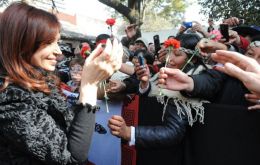
Voter support for Argentine President Cristina Fernandez's re-election rose in the last few weeks but her lead over Congressman Ricardo Alfonsin narrowed slightly as his backing jumped, a poll showed last Wednesday.
-
Saturday, July 9th 2011 - 07:35 UTC
Argentina files criminal charges against consulting firm for publishing inflation data
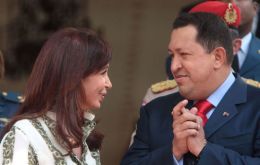
Argentina's government has filed criminal charges against the managers of an economic consulting firm, escalating its persecution of independent economists. A federal court official said Friday that a judge is evaluating the charges but has yet to decide if it is appropriate to begin investigating them.
-
Saturday, July 9th 2011 - 07:03 UTC
Fiat confirms trade disputes between Argentina and Brazil
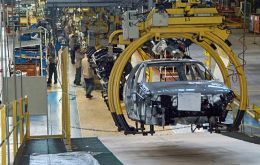
Fiat will trim some production in Brazil and Argentina for a week because of a trade spat between the South American neighbours, the Italian car maker said on Friday.
-
Saturday, July 9th 2011 - 06:43 UTC
Volcanic ash again cancels hundreds of flights in the Southern Cone
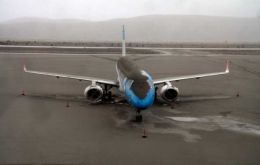
Clouds of ash spewing from Chile's Puyehue volcano again grounded flights at airports in Uruguay and Argentina, where a major football tournament is being held. Scores of local and international flights were delayed or cancelled in and out of Buenos Aires, regional airport authority Aeropuertos Argentina 2000 said on its website on Friday.
-
Friday, July 8th 2011 - 15:05 UTC
Punta Arenas fans charter DAP plane to support Chile in match against Uruguay

Early Friday morning a DAP aircraft with over fifty passengers left Punta Arenas, extreme south of Chile, on a chartered flight for Santiago and then Mendoza, Argentina to be present at this evening’s Chile-Uruguay match for the Copa America.
-
Friday, July 8th 2011 - 02:48 UTC
Argentine economy, “a frying pan with boiling oil” says IMF top official
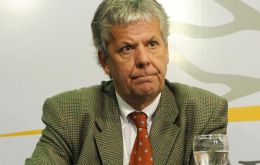
The head of the IMF Western Hemisphere Department Nicolas Eyzaguirre described the Argentine economy as “a frying pan with boiling oil”, in direct reference to a possible overheating as was recently warned by The Economist.
-
Thursday, July 7th 2011 - 07:11 UTC
UK Supreme Court rules against Argentina in defaulted sovereign bonds case

A hedge fund owner of defaulted Argentine debt can try to seize government assets held in Britain as it seeks to recover the full face value of the bonds, Britain's Supreme Court said in a ruling on Wednesday.
-
Wednesday, July 6th 2011 - 22:18 UTC
In nine months “from chronically depressed puppet to head-slicing machine”
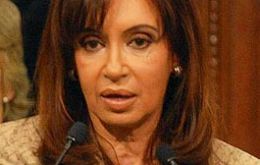
From “chronically depressed puppet to a head-slicing machine” in just nine months is quite a record said ironically Argentine president Cristina Fernandez de Kirchner at Government House in a clear reply to growing party discontent with the electoral lists for next October presidential and legislative elections.
-
Wednesday, July 6th 2011 - 05:45 UTC
YPF first well drilled in the Malvinas basin proves “dry”
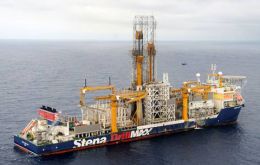
YPF Argentina reported Tuesday that its first offshore well drilled in the so called Malvinas basin proved dry. The operation was equally shared with Brazil’s Petrobras and Pan American Energy, a Chinese-Argentine group.
-
Tuesday, July 5th 2011 - 06:14 UTC
Argentina announces aid for areas suffering from the volcanic ash cloud
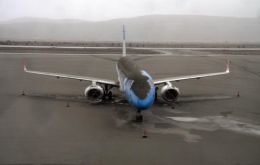
Argentine President Cristina Fernandez de Kirchner announced a package of measures to mitigate the effects of ash spewing from Chile's Puyehue volcano that has upended air travel, tourism and farming in Patagonia.
